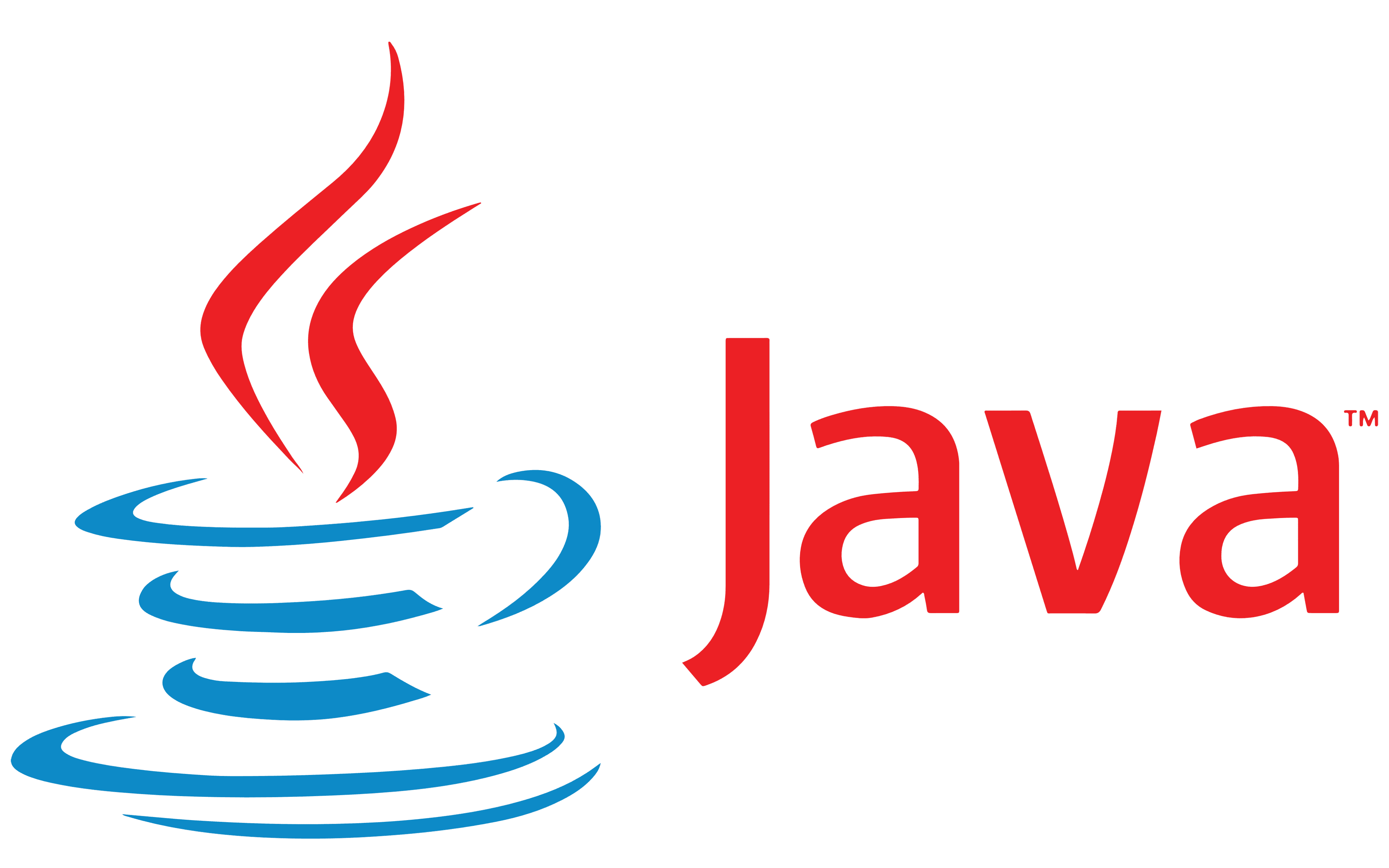Introduction to Coding with Java
Duration: 3 Days (Classroom, Business Site or Remote)

Price
£ 1500 per person
*Discounts may apply, contact us.
Note: 1 day taster courses are also available
Introduction
ava is a high-level, object-oriented programming language known for its platform independence, versatility, and wide range of applications. Developed by Sun Microsystems (now owned by Oracle Corporation), it was first released in 1995 and has since become one of the most popular and enduring programming languages. Java’s strength lies in its “write once, run anywhere” philosophy, which means that Java code can be written on one platform and executed on another without modification, provided the target platform has a Java Virtual Machine (JVM) installed.
Key features and uses of Java include:
-
Platform Independence: Java applications are compiled into bytecode, which can be executed on any platform with a compatible JVM. This portability is particularly useful for web applications and mobile apps.
-
Object-Oriented: Java is a fully object-oriented language, promoting modularity, reusability, and clean code design.
-
Automatic Memory Management: Java uses a garbage collector to automatically manage memory, reducing the risk of memory leaks.
-
Rich Standard Library: Java’s extensive standard library provides pre-built classes and APIs for various tasks, from data manipulation to networking and graphical user interfaces.
-
Multi-threading Support: Java has built-in support for multithreading, which is essential for creating concurrent and responsive applications.
-
Security: Java includes features for security, such as bytecode verification and access control, which make it a preferred choice for applications that require secure execution.
-
Web Development: Java is used in web development through technologies like JavaServer Pages (JSP) and servlets.
-
Enterprise Development: It is commonly used in enterprise environments to build large-scale, robust applications, often in conjunction with Java Enterprise Edition (Java EE).
-
Mobile Application Development: Java was historically used for Android app development, though newer Android apps are increasingly being developed using Kotlin.
-
Desktop Applications: Java can be used to create cross-platform desktop applications using frameworks like Swing and JavaFX.
Java has a broad and active developer community, and it remains a popular choice for building a wide variety of applications, from web and mobile apps to embedded systems and enterprise solutions.
